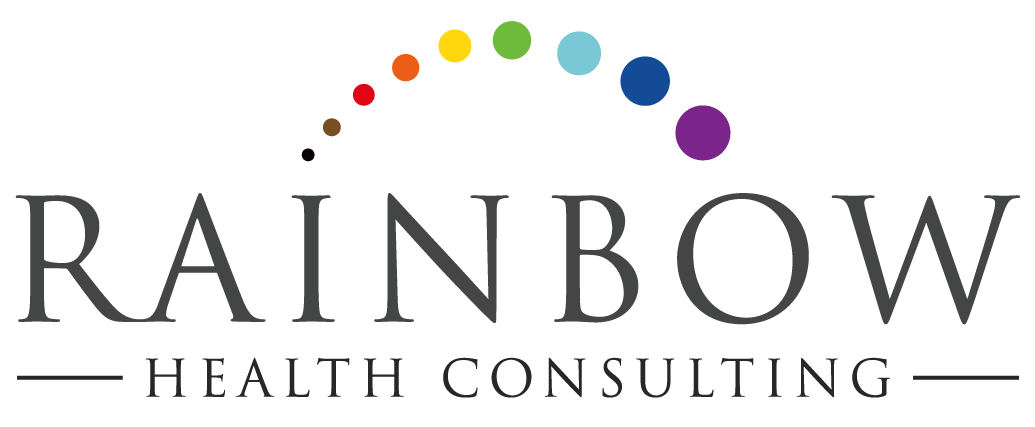Supporting LGBTQ+ Patients in Family Building and Reproductive Health
Reproductive health care is an integral part of caring for LGBTQ+ patients and families throughout the lifespan. According to a Gallup poll, more LGBTQ+ Americans ages 18-35 are considering having children than any previous generation of LGBTQ+ adults. This means that more and more health care providers will be working with families to build families in the manner of their choosing, and providers should be prepared.
Building a family may be more challenging for some LGBTQ+ singles and couples than for some heterosexual couples, and they may have considered several options for their future. Many health care providers may not be well versed in the options available to LGBTQ+ persons wishing to pursue parenthood. Some of the most common methods of building a family include:
Assisted Reproductive Technology (ART), which includes intrauterine and intracervical insemination, in vitro fertilization, reciprocal in vitro fertilization, and surrogacy, among other methods.
Adoption, which includes private or public, domestic or international adoption through a variety of legal services or agencies.
Child welfare system, which includes families who wish to foster and/or adopt children through the state foster systems.
Conception from intercourse, which includes couples and singles from various relationship formations that may result in conception.
There are many ways to support LGBTQ+ individuals and couples as they research their options and plan for their reproductive futures. Many LGBTQ+ people avoid or postpone medical care because of stigma and previous discrimination, including discrimination from providers who specialize in sexuality and reproduction. You can work to make your organization a space that is affirming and welcoming to LGBTQ+ patients wishing to consider their reproductive options by posting inclusive and welcoming messages around your office and online spaces, and be sure that all staff is trained in nonjudgmental communication.
Education about non-heterosexual sex is nearly non-existent in most school districts, so many LGBTQ+ people may not have the highest level of knowledge about their own reproductive health and may also need education from their providers. As a provider, you can educate your patients while also advocating for access to comprehensive sexual education that includes safe sex practices for LGBTQ+ students and young people.
An affirming full sexual health history will help to set the stage for future conversations between provider and patient about their sexual risk factors and anything that might impact their ability to build the family they choose going forward. That sexual health history should avoid assumptions and be gender and sexuality inclusive.
After an assessment of sexual health and preparation for the chosen method of parenthood, providers must learn how they can support patients in whatever method they choose. Unfortunately, LGBTQ+ people have been denied access to reproductive technology and fertility services by insurance providers and discrimination. Even in cases of adoption through public and private options, there can be discrimination and stigma at every turn. Providers should be aware of these hurdles so that they can support their patients and partners through them as needed.
Additionally, outside of your patient population, you can use your voice and clout as a health care provider to advocate for nondiscrimination laws and policies that make access and equity for LGBTQ+ families a priority.
For further training on Caring for LGBTQ+ Families, please contact Rainbow Health Consulting and we will be happy to work with your organization to customize a training that suits your patient population.

